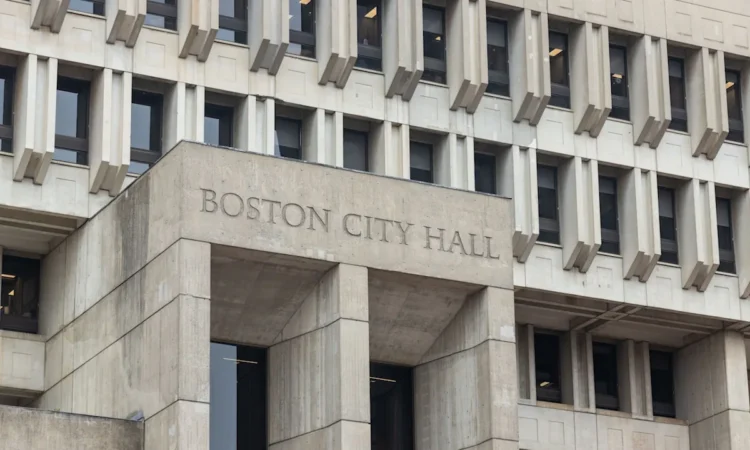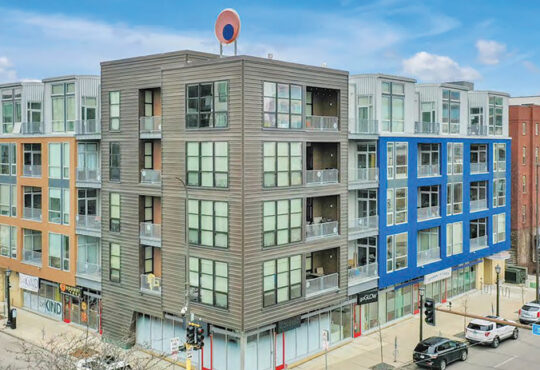Boston councilor proposes higher property taxes on large apartments to help homeowners

A Boston city councilor has proposed a change to how property taxes are levied in an effort to reduce bills for homeowners.
District 4 Councilor Brian Worrell filed a proposal ahead of Wednesday’s City Council meeting to reclassify large apartment buildings as commercial property, while still offering a residential exemption.
The plan is an alternative to the one championed in 2024 by Mayor Michelle Wu to shift the burden of property taxes from residential to commercial owners, which was approved at the city level multiple times but ultimately failed to make it past the state Legislature.
“By reclassifying large apartment buildings, corporate landlords in the City of Boston would be more equitably taxed,” Worrell wrote in his hearing order. “The result would be that residential rates would be lowered across the city as a greater burden of the fixed Proposition 2.5 property tax revenue would fall on corporate landlords rather than on small landlords or homeowners.”
Worrell’s proposal would tax apartment buildings with at least 30 units at the same rate as commercial property such as office buildings. They would receive a 10% residential exemption, similar to the existing exemption for homeowners.
He also proposed an exemption of up to 50% for the owners of buildings where at least 80% of the units are affordable to tenants making 80% or less of the area median income.
Boston relies heavily on property tax income to provide city services, with more than 70% of the annual budget coming from property taxes.
In recent years, residential property values have gone up due to high housing demand while commercial property values have gone down as office workers work from home and companies downsize their office space. This has meant that for many homeowners, tax bills have gotten unsustainably expensive.
Worrell gave the example of a 307-unit apartment building in the Seaport that would pay $1.4 million in annual taxes, or $4,560 per unit, while charging an average of about $9,000 in monthly rent. Meanwhile, a small landlord in South Boston renting out one apartment at a monthly rate of $4,000 would pay $11,510 in annual taxes for that one unit, more than twice the per-unit rate of the larger building.
If his proposal were implemented, Worrell said, the owner of the Seaport building would pay $3.25 million, or $10,586, per unit in annual taxes, compared to $10,228 for the South Boston landlord.
Under state law, cities and towns can choose to tax commercial and residential property at different rates. Commercial taxes can be as high as 175% of what the unified tax rate would have been. Boston has consistently met that maximum each year.
In April 2024, Wu unveiled her tax shift plan to help struggling homeowners, proposing raising the ceiling for how much of the tax levy would come from commercial taxes. Two separate versions of the bill were approved by the City Council and state House of Representatives last year before dying in the Senate.
The opposition to the bill came largely from real estate and business groups, which said it would hurt small businesses at a time when they are already struggling.
Worrell’s new plan has already received similar pushback. The Small Property Owners Association said in a statement to Contrarian Boston that the city should instead consider cutting spending.
“This extreme proposal would do significant harm to Boston renters and landlords, deter investment in much-needed new housing stock, and enable the City of Boston to continue its recent pattern of unchecked spending increases,” the group said.
The hearing order also calls for the city to shorten the length of tax breaks for new development from 15 to seven years.
The proposal will be discussed at the City Council’s meeting at 12 p.m. Wednesday, Oct. 29.
Boston Politics
Read the original article on MassLive. Add MassLive as a Preferred Source by clicking here.






